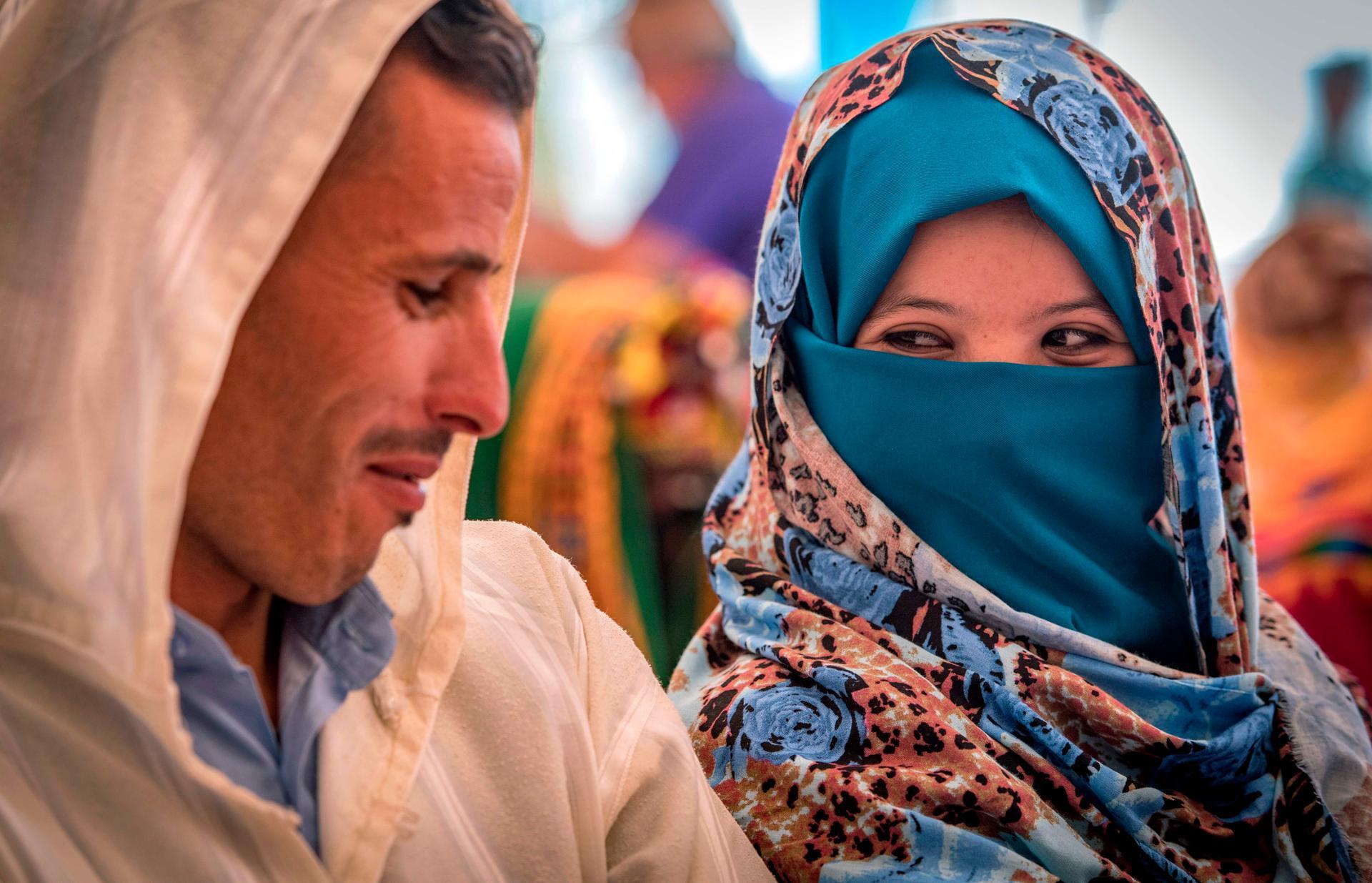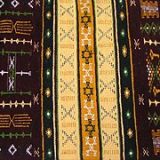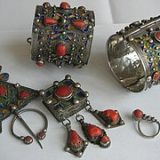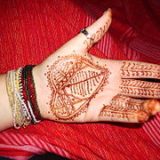Discover the Imilchil Marriage Festival: A Unique Celebration in the High Atlas Mountains
Nestled in the majestic High Atlas Mountains, the Imilchil Marriage Festival offers a one-of-a-kind celebration of love and Berber heritage. Each year, the village of Imilchil transforms into a vibrant hub of cultural festivities. Tribes from across the region gather to honor ancient customs. Notably, the festival is renowned for its traditional mass weddings, where couples unite in a joyful display of Berber unity. Additionally, visitors gain authentic insights into Berber life through music, dance, handicrafts, and cultural competitions.
If you’re seeking a festival that beautifully blends romance and tradition, look no further than the Imilchil Marriage Festival. Below is a complete guide to this captivating event.
When to Experience the Imilchil Marriage Festival
The Imilchil Marriage Festival, also known as the “Betrothal Festival” or “Moussem of Imilchil,” occurs every September. While specific dates vary slightly based on the lunar calendar, it generally takes place during the second or third week of the month. Over the course of three vibrant days, the festival attracts both locals and tourists eager to witness the grandeur of Berber traditions in this remote region.
Planning Tip: If you want to experience this festival, make sure to plan ahead! Since the dates may shift, it’s wise to check local announcements or consult tour operators for the latest information.
What to Expect at the Festival: A Glimpse into Berber Traditions
The Imilchil Marriage Festival offers more than just weddings; it is a vibrant celebration of Berber culture, rich in folklore and community spirit. Here’s a closer look at what awaits you during this unique cultural event:
The Heart of the Festival: Mass Weddings
At the festival’s core are the mass wedding ceremonies. Couples, primarily from the Aït Hadiddou tribe, come together to solemnize their unions in a traditional Berber style. This practice, deeply rooted in local folklore, symbolizes love and community. Legend has it that the festival originated from a tale of star-crossed lovers from rival tribes who were forbidden to marry. In their honor, the festival now serves as a gathering for couples to marry and renew their vows.
The sight of multiple couples in colorful traditional attire, exchanging vows against the stunning backdrop of the High Atlas Mountains, creates memories that will linger long after your visit.
Immerse Yourself in Traditional Music and Dance
Throughout the festival, you will enjoy a rich array of Berber music and dance performances. The rhythmic drumming and lively ahidus dances create an infectious energy that spreads joy throughout the gathering. Importantly, these musical traditions have been passed down through generations, making your experience all the more special.
Whether you’re tapping your foot or joining in the dance, the music of Imilchil is an essential part of the festival experience.
Discover Local Handicrafts and Souvenir Shopping
A vibrant local market springs to life during the festival. Stalls overflow with Berber handicrafts, rugs, pottery, jewelry, and traditional clothing. This presents a unique opportunity to take home authentic Moroccan souvenirs while supporting local artisans.
Shopping Tip: Remember to bargain respectfully, as it’s part of the local culture. Don’t miss the chance to pick up handcrafted rugs or jewelry as wonderful keepsakes.
Adventure Awaits: Camel Races and Cultural Competitions
For those seeking adventure, the festival features camel races, horse riding, and other competitive events that showcase traditional Berber skills. These activities infuse spirited energy into the festival, with participants proudly demonstrating their riding abilities. Watching a camel race through the mountainous terrain provides thrilling insights into Berber traditions.
Additionally, competitions extend to traditional games, offering entertaining spectacles for both visitors and locals alike.
A Cultural Exchange in Imilchil
The Imilchil Marriage Festival is a melting pot of cultures, drawing visitors from around the globe. This creates a lively atmosphere of cultural exchange. Whether you’re striking up conversations with locals, learning about their customs, or simply observing the rich tapestry of Berber life, the festival provides a window into a way of life that has remained largely unchanged for centuries.
Expect warm hospitality and friendly encounters that deepen your understanding of Morocco’s Berber culture.
Essential Tips for Attending the Imilchil Marriage Festival
To maximize your experience at the Imilchil Marriage Festival, some planning is necessary due to its remote location. Here are practical tips to help you enjoy this unique event:
- Accommodation Options Near Imilchil: Given that Imilchil is a small village, accommodations are limited. Booking early is crucial to secure a spot in local guesthouses. Alternatively, consider camping near the festival grounds for a more immersive experience.
- Traveling to Imilchil: The village is located about 4-5 hours by car from major cities like Marrakech or Fes. Renting a car is often the most convenient option; however, guided tours are also available. Prepare for a scenic yet winding journey through the Atlas Mountains.
- Respecting Local Customs and Traditions: As with any cultural event, respecting local traditions is vital. Dress modestly, ask for permission before photographing people, and be mindful of local sensitivities while participating in or observing the festival.
Join the Celebration: An Unforgettable Experience
The Imilchil Marriage Festival offers a rare glimpse into the heart of Moroccan Berber culture. With its unique mix of romance, tradition, and festivity, it promises an unforgettable experience for travelers eager to explore Morocco’s rich cultural heritage. From mass weddings to cultural performances, this festival celebrates love, life, and community like no other.
If you’re planning a trip to Morocco in September, make sure to include the Imilchil Marriage Festival in your itinerary. It’s a cultural journey unlike any other, allowing you to immerse yourself in the timeless traditions of the Berber people.






0 Comment